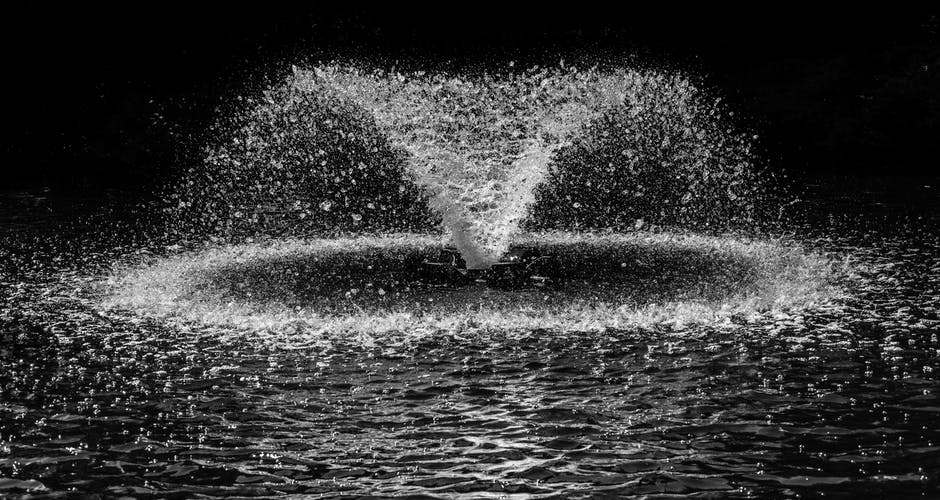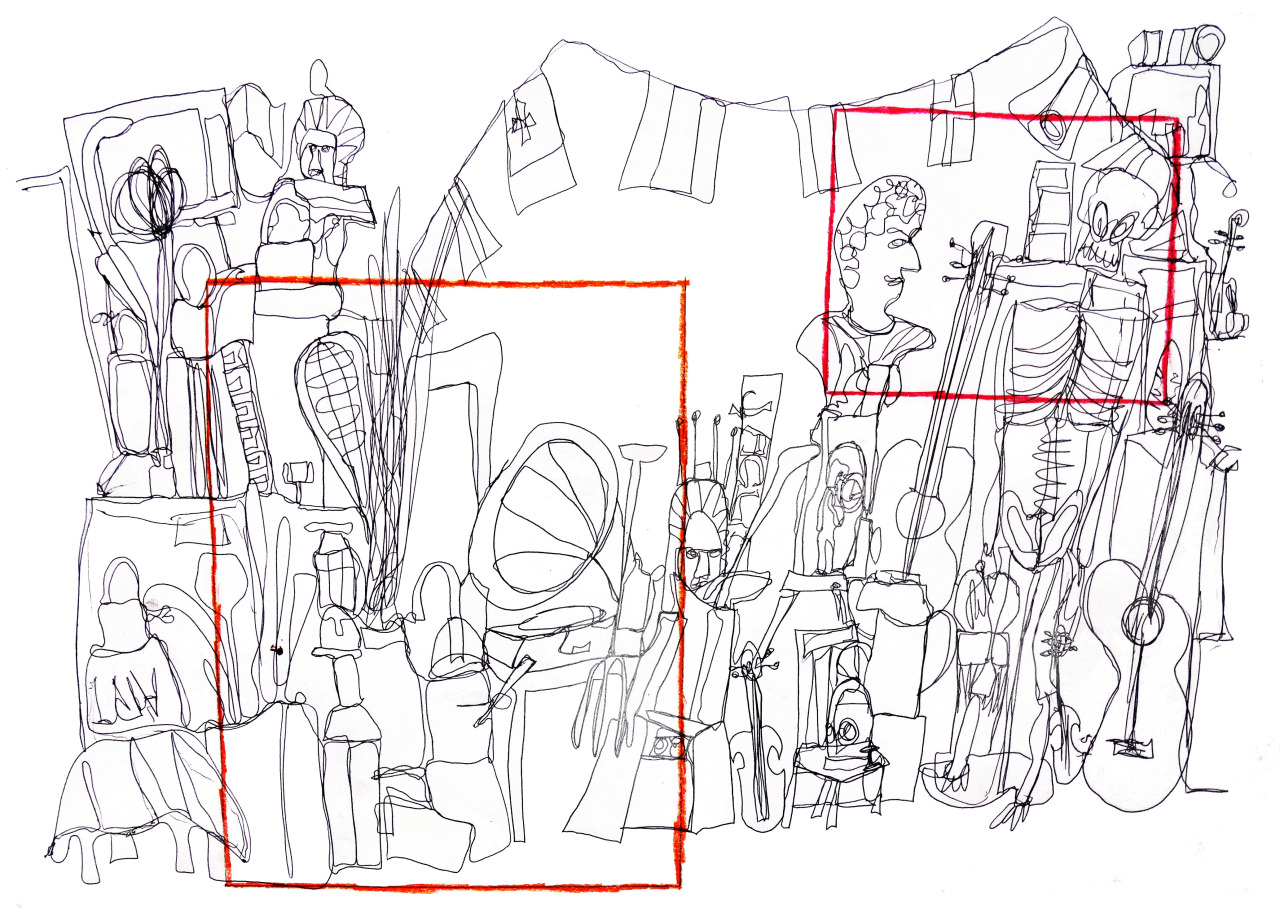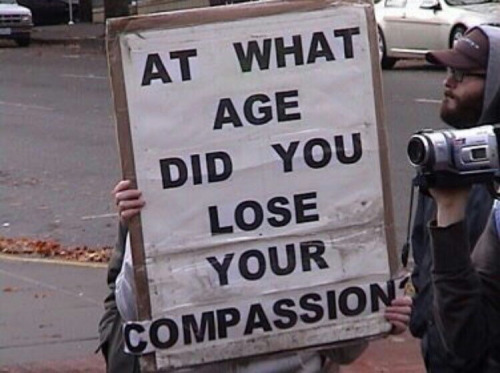Nobody else knew that the fountain was alive. He watched, spine pressed into the metal bench, as they walked past, blind. Tall men in woollen armour, brogues tapping over the cobbled street, phones pushed to ears, umbrellas tucked under arms like rifles; a steady stream went by. For a moment, he thought that one man was going to talk to him; he shuffled nervously as the strides closed in, recoiled as the arm outstretched, then heaved relief as it stubbed a cigarette on the bin beside him and joined the others as they marched.
He’d sat there for hours, staring, shivering. Burrowed hands in pockets of the jacket he’d been given, zipped so far up it threatened to close a clasp around his throat; I’d rather that than freeze. The fountain spat again. A different cycle, a change in bursts. He lost himself to the vision.
“Come here, quick, look at it!” A desperate whisper ripped towards him. He looked down from the tapestry of stars to see her hand grab his, and although he hated her for dragging him inside, the warmth of skin, velvet, silk, was apology enough. He followed.
“Stay quiet. Don’t you dare wake her.” She ordered, tiptoeing without elegance, crawling without sound. Soon, her hand left his and placed a palm upon the door. It crept open, aware of the necessity of stealth, and she turned to him and smiled.
“Look how fat she is.”
Their mother lay, propped against cushions, safe in slumber upon the floor. Faint moonlight shone onto her form, fell with the delicacy of whispers, and revealed that she had, indeed, become quite fat. They watched. Her belly was another being; a crescent, lifting, falling, stalling at the peak as if to try and reach the sky. She nudged him, pushed him forward so there was room to lie together, and propped her head upon his arm.
“That’s how we were made, you know. Dad told me.” She reported, proud of forbidden knowledge that she’d stowed away for weeks. He heard but did not listen. Look at it rise and fall!
It had stopped. The water collapsed, a drunkard, without a shadow of its grace. He looked around; even the men had left him now. He thought about standing, yet he knew as soon as he placed his weight onto weary feet, the fountain would roar again, mock him for his impatience or drench him in its wake. He paused. Seconds later, it was back, bored of elegance, of steadiness and calm. The rhythm took him, bellowed with laughter at his stillness and pulsed within his veins. He shone red with embarrassment. I can dance like that.
The sand was still hot under their feet. The sun had passed over like a tyrant, unforgiving, burning indiscriminately as they sheltered in the shade. He had got her a drink, shaking, nervous, trying not to drop it to the ground. They sat together, hiding, and he drank her words. Bathed in her presence. Soaked up her scent. She inched closer until her lips tickled the hairs upon his ear.
“Can we dance?”
Thoughts flew like arrows through his brain, it’s too hot, I can’t dance, I’ll look foolish, it’s too hot, I can’t dance, I’ll look foolish… She retracted, he composed himself and leapt up, held her waist, circled her feet, fingers entwined, moved with the energy of the moment without thought nor fear. They laughed, the sand burned, they went fast and hectic in the middle and slow and loving in the shade, a cycle, a pattern, I don’t want this to end.
It did. He grew jealous of the water. Angry at the past. He wanted to leave now, run toward the rabble from before, but he was jealous of them, too. He was stuck. Resentment grew within his chest and he didn’t care about the cold anymore; the fountain turned to fire.
It’s everywhere. He awoke to the smell of burning. Screams raped the divine silence of night, calls for help, for God, for mercy. A cacophony of suffering. A nightmare, surely. He ran, naked as the first man, muddled from the grip of sleep; movement, voices, the world sounded like a thousand horses raging into war, where are they? The rooms were empty aside from the thunderclouds of smoke. Where are they? He was outside now, facing the fury of the blaze, orange, red, warning of the danger it possessed. They were running. Neighbours, friends, lovers, handfuls of clothes, fleeing out towards the hills. His lungs drew plumes of sickly smog, eyes stung with heat and fear and tears. Where are they? A hand, not theirs, clawed at his skin. A mouth, not theirs, screamed echoes. He ran. He had no choice.
He closed his eyes, understanding now why the men ignored the fountain. His breathing had become shallow and sharp, and he fought to suck it deep. The bursts of flame had sunk and died; he embraced the cold once more. Just listen.
The waves slapped lazily against the boat, never-ending, a constant battery of sound that simultaneously reassured and nauseated. He was sick. Hanging over the metal frame he retched like an animal, spitting and frothing just like the ocean was below. He would have been ashamed if the others weren’t asleep, or pretended to be at least, huddled, drowning in their own way, a tsunami of despair.
It ended. It had all ended; the fountain swirled and groaned as if someone had pulled the plug, draining slowly away into a silence that was louder than the world. He could feel her hand, velvet, silk, even as he froze.




